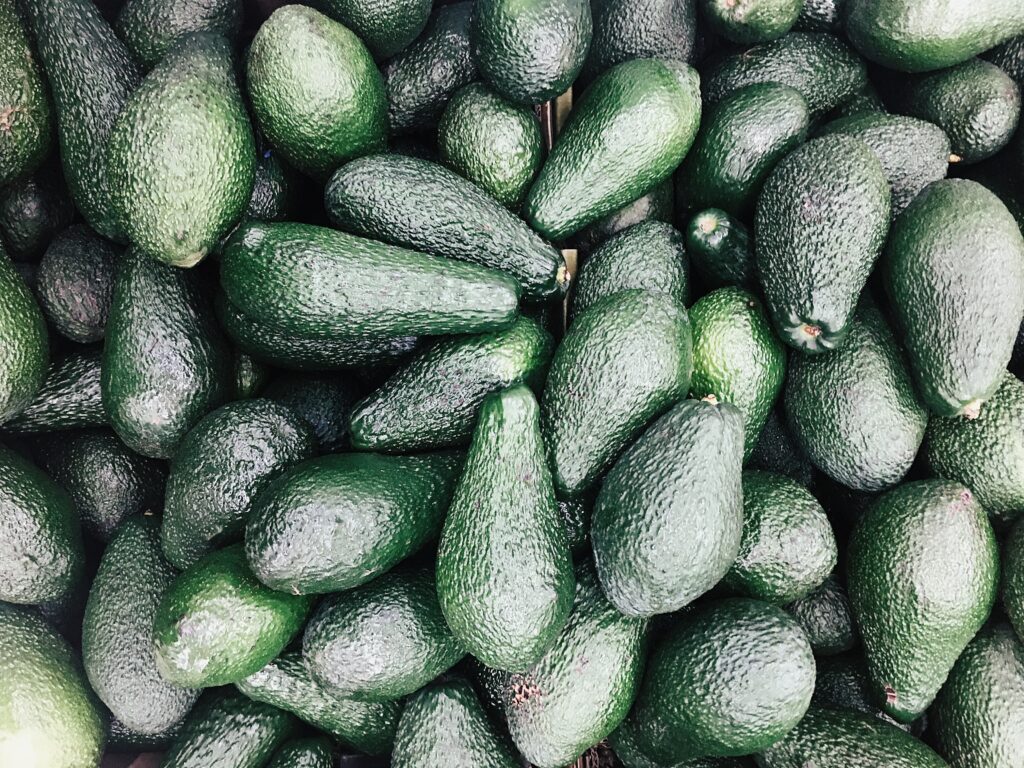Recent studies and alarming incidents found using FoodChain ID’s Food Fraud Database and Ingredient Risk Identification by HorizonScan have shed light on the potential risks associated with various food products, from avocado oil adulteration to the importation of expired meat and the presence of multidrug-resistant bacteria in supermarket meat samples. These incidents serve as reminders of the urgent need for supply chain transparency, traceability and collaboration with trusted service providers, suppliers and regulatory authorities.
A study conducted by the University of California, Davis, found that 70% of avocado oils sampled were either rancid or mixed with other oils. Oils were purchased from retailers in Canada and the US. This study highlights the need for robust testing and verification processes to ensure the authenticity and quality of avocado oil, mitigating the risk of fraud and maintaining consumer trust. Additionally, it underscores the importance of supply chain transparency and close collaboration with trusted suppliers to minimize the potential for adulteration in the industry.
Source: Securing Industry
Law enforcement agencies from various European countries have worked together to dismantle a Lithuanian group importing expired meat, replacing the expiration dates and placing the meat back on the market. This serves as a reminder of the importance of strong supply chain oversight, conducting regular audits and enforcing strict quality control measures to prevent expired or substandard products from entering the market. This case highlights the importance of robust traceability systems and collaboration with regulatory authorities to ensure the safety and integrity of food products throughout the supply chain.
Source: Food Safety News
The FDA has issued a warning to restaurants and food retailers regarding raw oysters from Korea after receiving reports of illnesses, specifically related to Vibrio parahaemolyticus infections. This warning highlights the importance of strict monitoring and quality control measures in the seafood industry, such as proper handling, storage, and testing, to minimize the risk of foodborne illnesses associated with raw oysters and other seafood products.
Source: Food Safety News
A study has revealed that 40% of supermarket meat samples tested positive for multidrug-resistant bacteria, highlighting the prevalence of this concerning issue. This finding shows the urgent need for comprehensive control measures to ensure the safety and integrity of meat products, including sourcing from responsible suppliers, implementing strict hygiene protocols, and promoting responsible antibiotic use in animal production.
Source: The Beef Site
Making the food supply chain safer, one search at a time.
At FoodChain ID, we’re just as passionate about the safety of the food supply chain as you are. That’s why we offer the solutions and expertise your team needs to stay proactive and informed of food safety and fraud risks relevant to your ingredients, products and suppliers.
- Identify biological, chemical and physical hazards with Ingredient Risk Identification by HorizonScan, a daily supply chain monitoring system tracking over 500 commodities, 180+ countries of origin and over 40,000 suppliers with data from over 115 global sources.
- Identify food fraud risks with the Food Fraud Database, a searchable database of over 15,000 global records with information on 5,000+ food ingredients curated by fraud subject matter experts.
Stay informed of the latest food safety and food fraud news with our Quarterly Newsletter. Complete the form below to subscribe.











